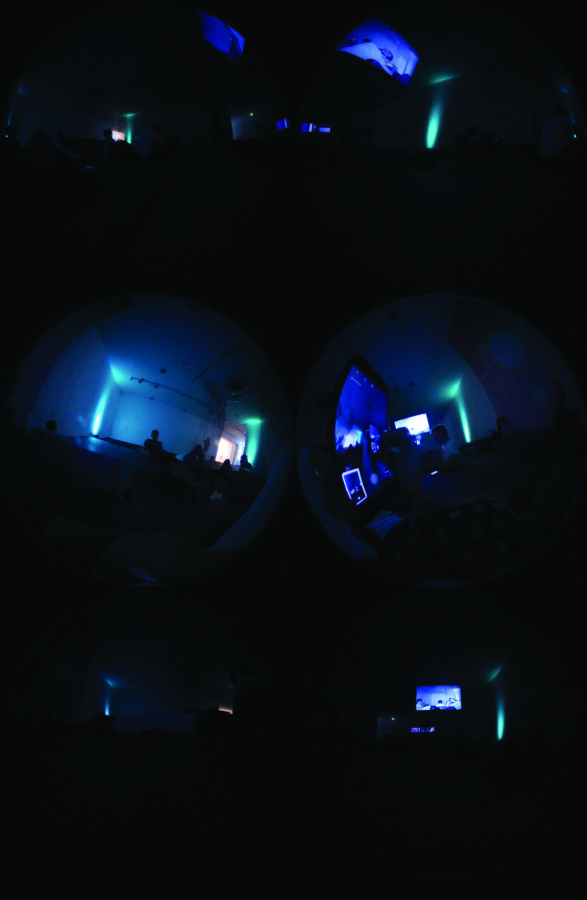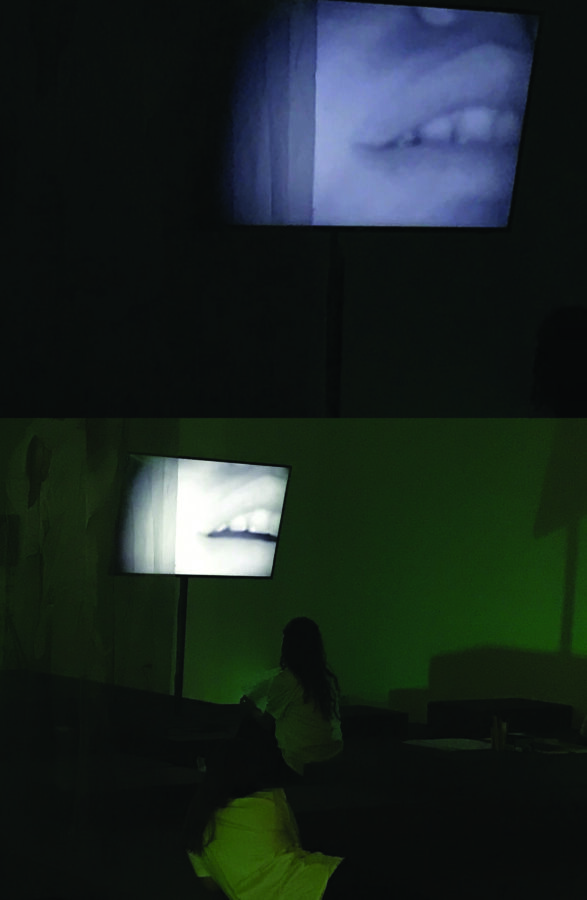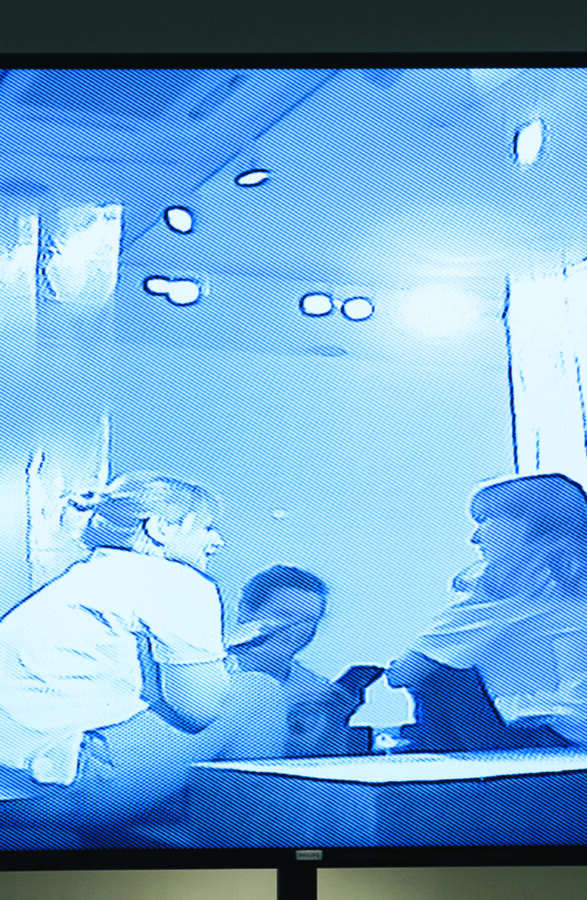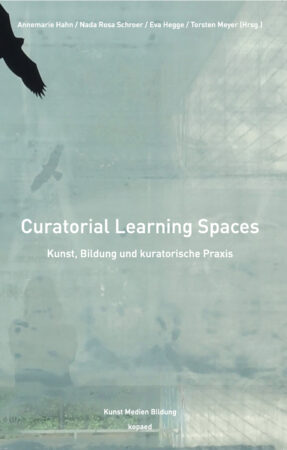Essay on Abjection, 2019


What the weird and the eerie have in common is a preoccupation with the strange. The strange — not the horrific. The allure that the weird and the eerie possess is not captured by the idea that we „enjoy what scares us”. It has, rather, to do with a fascination for the outside, for that which lies beyond standard perception, cognition and experience. This fascination usually involves a certain apprehension, perhaps even dread — but it would be wrong to say that the weird and the eerie are necessarily terrifying. I am not here claiming that the outside is always beneficent. There are more than enough terrors to be found there; but such terrors are not all there is to the outside. (MARK FISHER – The Weird and the Eerie)


“I awoke to darkness. / I was hungry—starving!—and I was in pain. There was nothing in my world but hunger and pain, no other people, no other time, no other feelings. / I was lying on something hard and uneven, and it hurt me. One side of me was hot, burning. I tried to drag myself away from the heat source, whatever it was, moving slowly, feeling my way until I found coolness, smoothness, less pain. / It hurt to move. It hurt even to breathe. My head pounded and throbbed, and I held it between my hands, whimpering. The sound of my voice, even the touch of my hands seemed to make the pain worse. In two places my head felt crusty and lumpy and … almost soft. / And I was so hungry.” (OCTAVIA E. BUTLER – Fledgling)






There looms, within abjection, one of those violent, dark revolts of being, directed against a threat that seems to emanate from an exorbitant outside or inside, ejected beyond the scope of the possible, the tolerable, the thinkable. It lies there, quite close, but it cannot be assimilated. It beseeches, worries, and fascinates desire, which, nevertheless, does not let itself be seduced. Apprehensive, desire turns aside; sickened, it rejects. A certainty protects it from the shameful—a certainty of which it is proud holds on to it. But simultaneously, just the same, that impetus, that spasm, that leap is drawn toward an elsewhere as tempting as it is condemned. Unflaggingly, like an inescapable boomerang, a vortex of summons and repulsion places the one haunted by it literally beside himself. (JULIA KRISTEVA – Powers of Horror)
YOUNG GIRL READING GROUP depicts, examines and contextualises the instability of boundaries that renders the reading body and its surroundings as the site of an active and ongoing set of relations, positing the interdependence of the text, the body, the environment and the technology. Recognising reading as an act which shapes the body, YGRG strives to create a new sensibility toward reading as a form of embodied language, a collective practice that underlies complexities of perceived bodies, environments and their entanglement into global digital infrastructures. The constructed spatial settings and trace affinities across social practices, art forms and timeframes, but most of all look to create a reading space that can be shared collectively.
Abbildungen
Abb. 1-6: Digital Imaginaries – Young Girl Reading Group Workshop, NRW Forum, Düsselderf, 05 – 06.07.2019. Photo: Dorota Gawęda and Eglė Kulbokaitė
Abb. 7: Digital Imaginaries – Young Girl Reading Group Workshop, NRW Forum, Düsselderf, 05 – 06.07.2019. Photo: NRW Forum
Abb. 8-10: Digital Imaginaries – Young Girl Reading Group Workshop, NRW Forum, Düsselderf, 05 – 06.07.2019. Photo: Dorota Gawęda and Eglė Kulbokaitė
Von Dorota Gawęda, Eglė Kulbokaitė
Veröffentlicht am 29. Februar 2024Zitiervorschlag
Gawęda, Dorota; Kulbokaitė, Eglė: Essay on Abjection, 2019, in: Annemarie Hahn, Nada Rosa Schroer, Eva Hegge, Torsten Meyer (Hg.): Curatorial Learning Spaces. Kunst, Bildung und kuratorische Praxis, Zeitschrift Kunst Medien Bildung | zkmb 2024. Quelle: https://zkmb.de/essay-on-abjection-2019/; Letzter Zugriff: 27.07.2024Review-Verfahren
Der Text wurde durch zwei Fachgutachter/innen doppelblind hinsichtlich wissenschaftlicher und publizistischer Güte eingeschätzt und ggf. mit Hinweisen zu Überarbeitungsvorschlägen an die/den Autor/in zur Veröffentlichung empfohlen.

